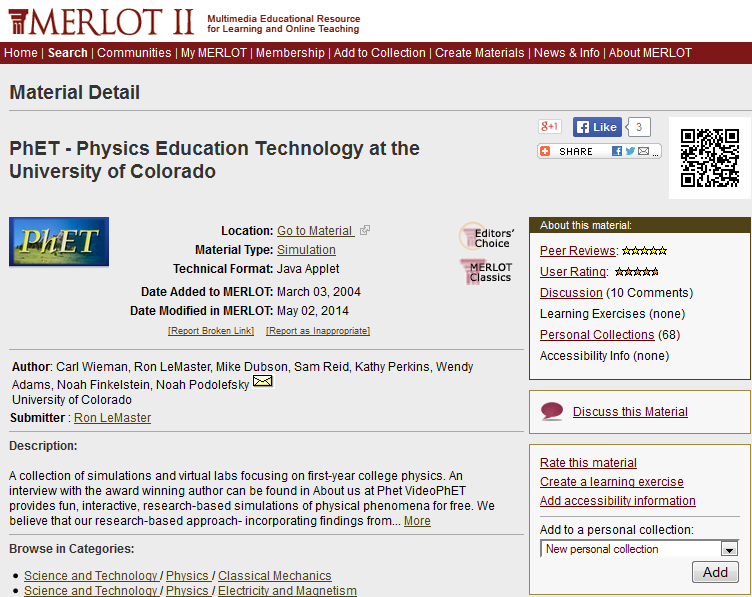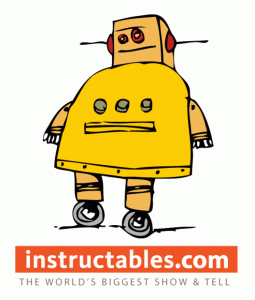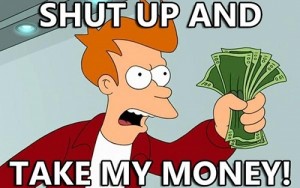I have a privileged perspective of the world. I was able to complete a Bachelor of Science at a research-based university – the University of Alberta. The worlds of academics and research have been a big part of my life for over 7 years. My experiences in these worlds, however, have left me gun-shy of sharing and being open for a number of reasons.
1) My data isn’t my own – I stand on the shoulders of giants
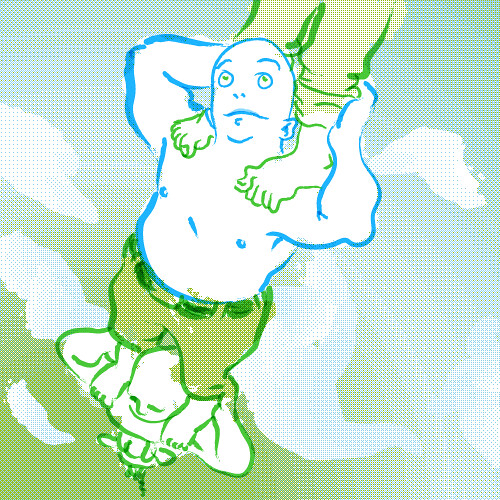
Standing upon the shoulders of giants by Mushon Zer-Aviv via Flickr (CC BY-NC-SA 2.0) https://creativecommons.org/licenses/by-nc-sa/2.0/
Most of the data I produced as a research technician did not belong to me. It belonged to the research group, an in all technicality belonged the agencies funding the research. I needed to be extremely careful to keep any research data under lock and key (including digital locks) at all times. There was a highly competitive air to data production – especially because multiple groups were “racing” to publish on certain topics.
Now that I am working at VIU, I still struggle with “ownership” issues. The course materials I am producing are not my own – they belong to my department. At least once in the OLTD program I have walked a fine line between what is mine and what belongs to the department. It is a fuzzy, gray line but I worry about what happens if it is crossed too far.
I’m also a copyright criminal at heart – remixing and reusing materials seemingly without regard (although usually with a proper citation). I generally don’t feel any ownership over my material – so I don’t feel like I can share it.
How I’m getting better:
I’m learning to search using creative commons and open repositories first, instead of as an afterthought, and pay attention to remixing rights. If I create something totally new (however rare that is) I will try and include a CC license, so someone else can reuse it or make it better. When I remix materials, I will try and ask myself if I’ve personalized something or improved it. If I’ve just personalized it, I don’t really feel that is enough change to share it again as my own. If I feel I’ve made an improvement, I will try and share with the correct attributions.
I’m also working on my “sharing” workflow, inspired by this resource: http://www.gliffy.com/publish/4239236/?buffer_share=287e1. The tools I like to use are Twitter, G+, and Diigo. I also have a tendency to save things into a folder on my desktop (which isn’t very helpful). I try and share work-related resources on Diigo, and more general things on Twitter. G+ is just for my coursework right now, but that may change in the future.
2) I’m too young to have anything significant to say
I’ve been the youngest person in a role multiple times in my life. I was the youngest technician in my research position by 4 years, and one of the only members of the group without at least one other advanced degree (meaning I had a sever deficit in practical lab work). There was a glut of experience in our lab group, and understandably, no one had the time or inclination to listen to what I had to say.
Now, I am the youngest person in my department at VIU by nearly 6 years. Most other members of my department have years of teaching experience, or an advanced degree, or both. I think that I know what I am doing, and that I do it well, but I still find it intimidating to share anything I do with the group. It is difficult to imagine anything I do on equal footing to what other members of the group produce.
When interacting with the rest of my OLTD cohort, I see people with years of experience, people who are doing amazing things in their classrooms or at their schools, and people with a depth of thought that is truly astounding to me. I have struggled throughout this program with what my niche is and if (and how) I can contribute to the learning of the rest of the cohort.
How I’m getting better:
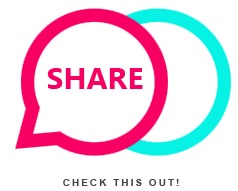
By Share Maroc via WikiMeida Commons
(CC BY-SA 3.0)
I’m trying to take the lessons from this video: https://www.youtube.com/watch?v=xcmI5SSQLmE to heart. I have a pretty unique background (if I do say so myself) and I tend to be very analytic when approaching educational issues. I have a strong interest in research-based practice, even if I don’t have the experience to back it up. Sometimes, that can lead me down unrealistic paths, but other times it means I have a stronger foundation to build from then others expect.
In my current role, being open about my projects and sharing resources I create is necessary for the office to run efficiently. It is one of the biggest ways everyone supports each other – I put resources up on our wiki or add them to our shared drive weekly. I’m still working on translating that process to my personal life, but I am getting better.



